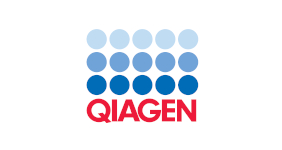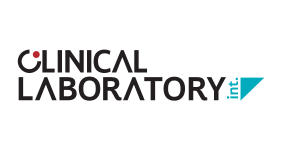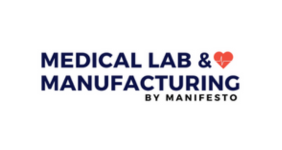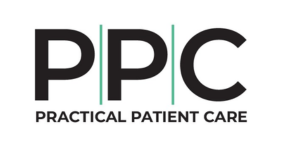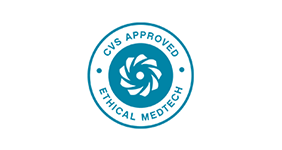Elevating the clinical laboratory's role in healthcare transformation
The clinical laboratory has an essential role in all aspects of life and the diagnosis process starts early on in medical examination through blood testing or non-invasive testing. It plays an important role in any clinical decision and will have a 30 to 100 per cent impact based on the diagnosis itself and the continuity and outcome of the medical condition, according to Dr Ismail A Bakhsh, Consultant Clinical Scientist, Director of Ancillary Services, National Medical Care.
Today, healthcare systems are moving to become Accountable Care Organizations (ACO). Laboratory services are an integral part to the success of any healthcare system and can contribute a great deal to the success of the ACO model that aims to improve patient outcomes and population health management while keeping costs at a minimum.
He describes an ACO model as different organisations within a healthcare system working together to improve the health of their assigned local population through integrating the services to manage the causes of illnesses. Those groups of doctors, hospitals, and/or other healthcare providers must work together with a single goal of giving better care at a lower cost and this includes laboratory services.
Dr Bakhsh explained: “ACO is a relatively new concept and highlights the shift in the way we are serving and catering for our patients and clients. ACO’s will depend a lot on the laboratory because, for example, in certain chronic diseases such as diabetes, a diabetic patient will need to visit the doctor every two to three months and the visit will not be complete if they have not done any blood tests.”
ACOs have been created to push the industry away from fee-for-service towards value-based care through care coordination and a shared savings payment model. Effective contribution of any clinical laboratory services to ACO depends on the insurance of the effectiveness of five laboratory strategies. These include:
- Outreach services: The capacity to extend beyond the institute for wide coverage.
- Electronic connectivity: For example, easily requesting /ordering laboratory tests and accessing tests results remotely and freely.
- Lean processes: Better time utilisation, reduced errors, etc.
- Utilisation Management: Effective utilisation management plays a crucial role in decreasing costs without lowering quality.
- Aligning with the bigger picture: Laboratory data and resources play an important role clinically and for ACO planning and execution.
Read the full article here.
Source: Omnia Health Insights








